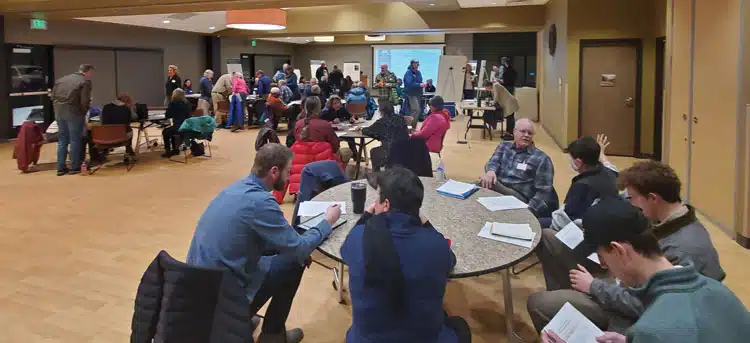Larimer struggles with short-term rentals

ESTES PARK — Some talk of compromise was in the air. Some wasn’t.
Larimer County planners held an unusually formatted public meeting at the Estes Park Community Center on Jan. 25, hoping to address the fears of owners of short-term rental properties in the unincorporated Estes Valley while still supporting the concerns from those properties’ neighbors about noise, trash and traffic that prompted the county last fall to propose tighter regulations on the industry.
Some STR owners were encouraged by some of the changes the county made in the second draft of the regulations, issued Jan. 13, but other issues including…
THIS ARTICLE IS FOR SUBSCRIBERS ONLY
Continue reading for less than $3 per week!
Get a month of award-winning local business news, trends and insights
Access award-winning content today!





